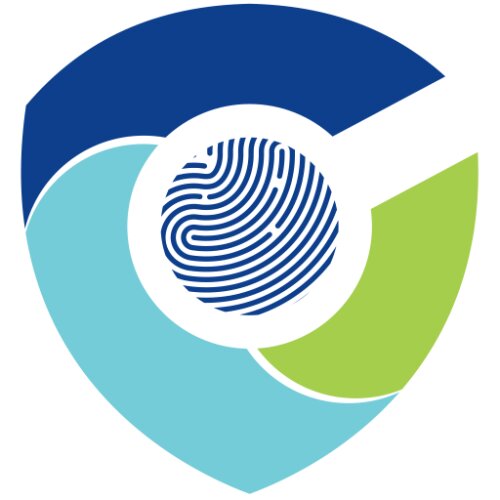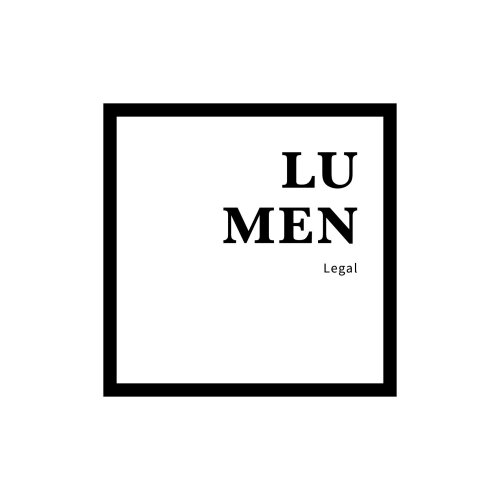Best Information Technology Lawyers in Bogota
Share your needs with us, get contacted by law firms.
Free. Takes 2 min.
List of the best lawyers in Bogota, Colombia
About Information Technology Law in Bogota, Colombia
Information Technology law, often known as IT law, covers all legal regulations related to the use, development, and management of technology, computer systems, and telecommunications. In Bogota, Colombia, the growth of the digital economy has resulted in an increased emphasis on protecting digital rights, regulating internet activity, and ensuring the security of personal and corporate data. These laws affect individuals, businesses, startups, and public institutions operating in the technology sphere, including software development, e-commerce, telecommunications, and online services.
Why You May Need a Lawyer
Legal assistance in Information Technology is essential for several common situations:
- Drafting or reviewing technology contracts, such as software licenses or service agreements
- Protecting intellectual property, including software, databases, and digital content
- Ensuring compliance with data protection and privacy laws, especially when handling customers' or employees' information
- Advising on e-commerce regulations, online consumer protection, and electronic signatures
- Managing cybersecurity incidents or data breaches
- Resolving disputes related to IT contracts, online defamation, or copyright infringements
- Supporting startups and technology companies with regulatory compliance
- Providing guidance on cross-border data transfers and international IT agreements
Consulting an IT lawyer helps you navigate the legal landscape, avoid costly penalties, and secure your technology assets.
Local Laws Overview
Bogota's legal environment is shaped by national Colombian laws and local regulatory bodies. Key legal aspects to understand include:
- Data Protection (Ley 1581 de 2012): This law regulates the collection, storage, and use of personal data in Colombia. It emphasizes the need for express consent and outlines data subjects’ rights.
- Cybercrime (Ley 1273 de 2009): Defines and penalizes offenses such as unauthorized access, identity theft, and computer fraud.
- Electronic Commerce (Ley 527 de 1999): Recognizes the legal validity of electronic signatures and defines regulations for online transactions.
- Intellectual Property: Software and databases are protected under Colombia's copyright laws, offering avenues for both individual and corporate protection.
- Consumer Protection: Online businesses must comply with laws that ensure transparency, secure payments, and protection of consumer rights in e-commerce settings.
- Telecommunications and Connectivity: Regulated by the Communications Regulation Commission (CRC).
Regional authorities in Bogota may also have regulations around digital governance, local startups, and public use of technology platforms.
Frequently Asked Questions
What is IT law and who does it affect in Bogota?
IT law refers to the rules governing technology use, digital data, computer systems, and telecommunications. In Bogota, it affects businesses, individuals, developers, users, and anyone involved in providing or consuming digital or online services.
How is personal data protected under Colombian law?
Personal data is protected by Ley 1581 de 2012, requiring clear consent for data processing, granting individuals access to their data, and establishing obligations for data controllers to secure and manage information properly.
Are electronic signatures valid in Bogota?
Yes. Electronic signatures are recognized as legally valid under Ley 527 de 1999, provided they meet specific requirements ensuring authenticity and integrity.
What should I do if my company suffers a data breach?
You must report the incident to the Superintendency of Industry and Commerce (SIC), notify affected individuals if their data was compromised, and take corrective measures. Consulting an IT lawyer can help you manage your legal obligations and minimize liabilities.
How do I protect my software or app in Colombia?
Register your software with the National Copyright Directorate to secure intellectual property rights, and consider using contracts and technical security measures to enhance protection.
What are the rules for sending commercial emails or marketing messages?
You must obtain prior, express, and informed consent from recipients and offer an easy way for them to opt out, in compliance with data protection and consumer regulations.
Can technology contracts be enforced in Bogota?
Yes. Contracts such as software development agreements, service level agreements, and licenses are legally binding if properly drafted and executed, including electronically signed agreements.
What penalties exist for cybercrimes in Colombia?
Cybercrime offenses, including hacking, fraud, or unauthorized data access, are penalized under Ley 1273 de 2009 with fines and potential imprisonment, depending on the gravity of the offense.
How does Colombian law regulate cross-border data transfers?
Transfers of personal data to other countries are only permitted if the destination country's data protection standards are deemed adequate or if individuals expressly authorize the transfer under specific conditions.
Where can I file a complaint about an IT-related legal issue?
You can approach the Superintendency of Industry and Commerce (SIC) for data protection violations, the local police cybercrime unit for criminal offenses, or the Communications Regulation Commission (CRC) for telecommunications disputes.
Additional Resources
- Superintendency of Industry and Commerce (SIC): Serves as Colombia's principal data protection regulator and handles related complaints.
- Communications Regulation Commission (CRC): Regulates telecommunication and digital communications services.
- National Copyright Directorate: Handles software and technology-related intellectual property registrations.
- Colombian Police Cybercrime Unit: Investigates and acts on cybercrime complaints.
- Chambers of Commerce in Bogota: Offers support for startups and businesses, including legal guidance in IT matters.
Next Steps
If you believe you need legal assistance in Information Technology, follow these steps:
- Identify and document all relevant facts and evidence related to your situation.
- Review your contracts, policies, or communications for potential legal risks.
- Contact a qualified IT lawyer or law firm in Bogota with experience in technology law.
- Prepare any questions or concerns you have in advance to maximize your consultation’s effectiveness.
- If urgent, especially in the event of a cyberattack or data breach, notify the appropriate authorities right away.
- Consider leveraging resources from regulatory bodies or legal aid organizations to better understand your rights and obligations.
Taking prompt action with the right legal support ensures protection of your digital rights, compliance with the law, and a proactive approach to navigating technology-related legal challenges in Bogota, Colombia.
Lawzana helps you find the best lawyers and law firms in Bogota through a curated and pre-screened list of qualified legal professionals. Our platform offers rankings and detailed profiles of attorneys and law firms, allowing you to compare based on practice areas, including Information Technology, experience, and client feedback.
Each profile includes a description of the firm's areas of practice, client reviews, team members and partners, year of establishment, spoken languages, office locations, contact information, social media presence, and any published articles or resources. Most firms on our platform speak English and are experienced in both local and international legal matters.
Get a quote from top-rated law firms in Bogota, Colombia — quickly, securely, and without unnecessary hassle.
Disclaimer:
The information provided on this page is for general informational purposes only and does not constitute legal advice. While we strive to ensure the accuracy and relevance of the content, legal information may change over time, and interpretations of the law can vary. You should always consult with a qualified legal professional for advice specific to your situation.
We disclaim all liability for actions taken or not taken based on the content of this page. If you believe any information is incorrect or outdated, please contact us, and we will review and update it where appropriate.









